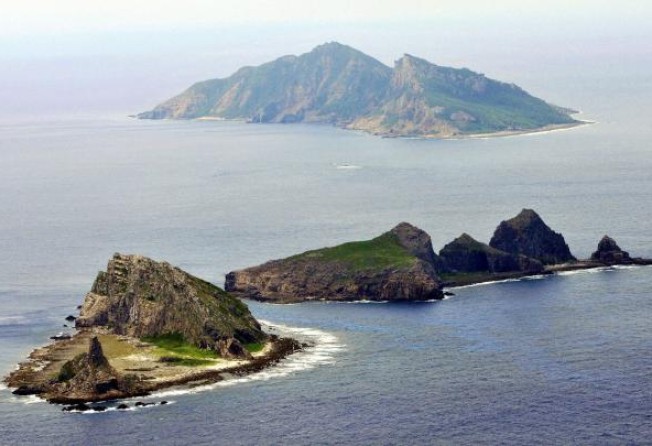Cool heads will prevail in maritime dispute

History is littered with minor incidents that spiralled into devastating wars. The row between China and Japan over the Diaoyu Islands will not be one of them. Posturing and rhetoric are muddying the waters as new leaders Xi Jinping and Shinto Abe find their political feet. Both well know that even if there is a mishap, too much would be lost by letting circumstances spin out of control.
The top priorities of Xi and Abe are their countries' well-being. China and Japan have a massive and hugely productive economic relationship. Their people, the region and world need that trade and investment and the benefits for growth and development. But Beijing and Tokyo also have to negotiate a past of Japanese aggression during which millions of Chinese perished as a result of 14 years of invasion and war. With such a background, it is wisest to adopt the restraint of past leaders and leave resolution to future generations.
A string of incidents claimed by either side since the decades-old dispute flared anew last September outwardly give a different impression. The decision by Japan's government to buy three of the islands, known by Japanese as the Senkakus, from their private owner, prompted a storm of protests from Beijing. Chinese surveillance vessels and Japanese patrol boats have since faced off and military aircraft buzzed one another, leading to maritime and aerial near-misses. Japan alleges Chinese frigates last month directed fire-control radar at a Japanese destroyer and a military helicopter, a step towards launching missiles. Beijing denies the claim.
Leadership transitions and a bitter historical context have been the backdrop. Xi was elected Communist Party general secretary in November and will be confirmed as president at the National People's Congress next month. Abe took the prime minister's job in December after a heavily nationalistic election campaign. At times of change, those seeking power are bound to adopt a platform of strength and assertiveness.
But they also know that escalating it beyond sabre-rattling is dangerous. Their diplomats have pushed feverishly for restraint. The US, bound by treaty to come to Japan's aid should conflict arise, does not want or need war; its envoys have shuttled between the rivals to cool heads. Abe can expect more of the same when he meets Barack Obama in Washington on Friday. After Xi and Abe are more sure of their positions, a course of reasoned diplomacy will return.